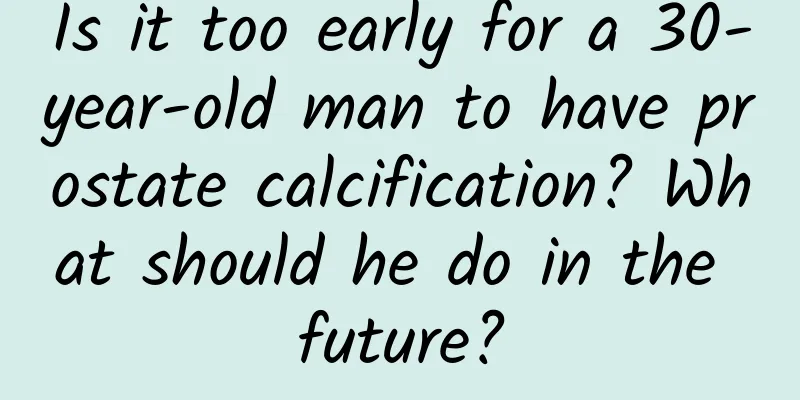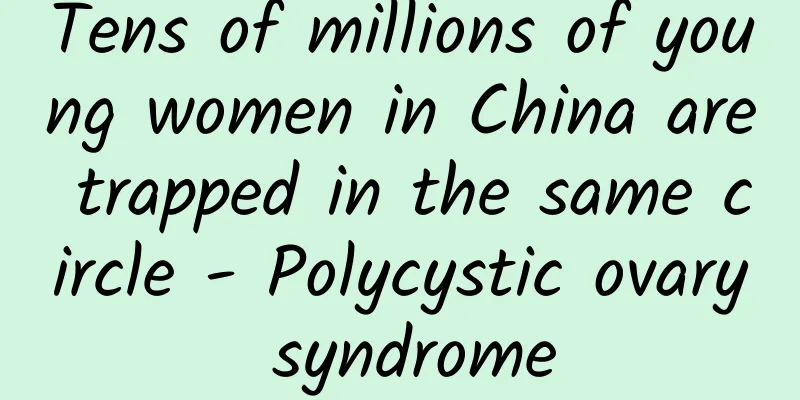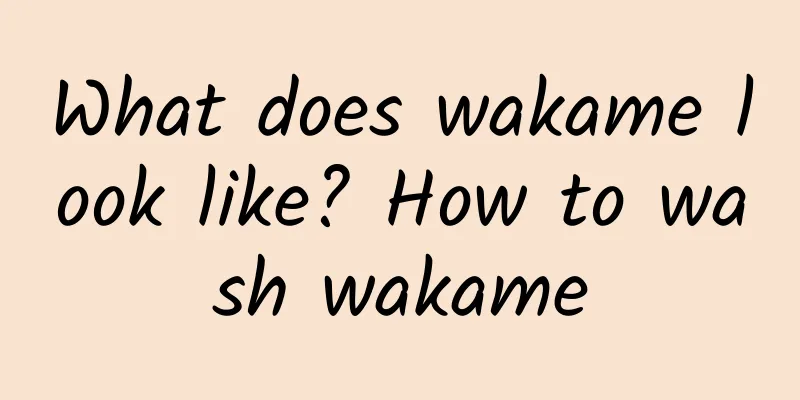What diseases does the nine-valent HPV vaccine prevent?

|
The HPV family is very large, with more than 100 known clinical diagnoses. In clinical medicine, HPV is divided into low-risk and high-risk types based on the carcinogens of HPV. Some low-risk types of HPV can cause genital warts, such as the "genital warts" often written on advertisements posted close to electric poles in alleys. The 9-valent HPV vaccine is a vaccine recently developed by scientific research. It is a vaccine that prevents cervical cancer. So what diseases does the 9-valent HPV vaccine actually prevent? Let’s take a look at it in action below. What does the HPV9 vaccine prevent? HPV9 vaccine can prevent diseases caused by 9 types of HPV, namely 6, 11, 16, 18, 31, 33, 45, 52 and 58, which are cervical cancer, vulvar cancer, vaginal cancer, anal cancer, genital warts, anal fistula, persistent infection, precancerous lesions or atypical sexually transmitted diseases. HPV9 vaccine recipients 1. The age of participants in the clinical study applicable to the sale of this vaccine is 16 to 26 years old. In this age group, the vaccine's overseas clinical trial data and its protective effectiveness against persistent infection in the Asia-Pacific population suggest that its benefits outweigh the risks. 2. In our country, the probability of females aged 9 to 15 years old surviving is very low. Only immunity bridging experiments were conducted for those aged 9 to 15 years old, and the clinical trial data information on the Chinese population in the Asia-Pacific region was limited. 3. Women over 26 years old are likely to have a history of virus exposure and infection, and there is currently no evidence to prove that the vaccine has a protective effect on exposed groups of this age group. The limitations of the HPV9 vaccine 1. This vaccine cannot cancel/stop women’s long-term cervical cancer screening (secondary prevention measure). 2. Vaccination This vaccine does not cancel/stop the highly recommended anal cancer screening. 3. This vaccine cannot protect individuals who have been infected with HPV. 4. This vaccine cannot protect against other types of related diseases other than the matching type. 5. This vaccine cannot treat diseases caused by the types described in the instructions for use. 6. This vaccine has not been proven to protect against private, vaginal and anal cancers caused by HPV types other than the matching type. 7. This vaccine cannot protect against diseases not caused by HPV. 8. This vaccine cannot protect all recipients. 9. The actual effectiveness of this vaccine in protecting against CIN ( ) in people over 26 years of age has not been confirmed. |
<<: What are the causes of irregular menstruation in girls
>>: What is the best medicine to kill pubic lice?
Recommend
Can winter jujube and sugar cane improve immunity? What are the benefits of eating winter jujube and sugar cane in winter?
In the cold winter, many nutrition experts recomm...
What is the cause of bleeding during menstruation?
What is the reason for bleeding during intercours...
How to determine whether implantation is successful?
Women are very anxious during the pregnancy prepa...
How does hcg rule out ectopic pregnancy?
Once women have an ectopic pregnancy, after a cer...
How to keep the gestational sac away from scars
Nowadays, many pregnant women choose cesarean sec...
Does dampness dry out the skin?
Dampness and toxins are a common skin disease. Da...
Friends who want to "relax their muscles" when they are tired, please come to see the doctor for advice →
People nowadays are becoming more and more "...
What to do if you have a small amount of bleeding in early pregnancy
Some pregnant women experience a small amount of ...
Can I use erythromycin ointment if my nipple is broken?
In real life, many women experience cracked nippl...
What stimulates female hormones
Women should not underestimate the female hormone...
How long will the sequelae of abortion appear?
Abortion is a method to terminate a woman's p...
What is the problem of leucorrhea with blood during menstruation
When preparing for menstruation, many people will...
What disease is the leucorrhea like tofu residue?
Abnormal leucorrhea is a common disease among wom...
What causes lower abdominal pain during menstruation?
Menstruation is a very painful thing for women. E...
Reasons why pregnant women want to vomit at night
Many female friends who are pregnant experience s...









